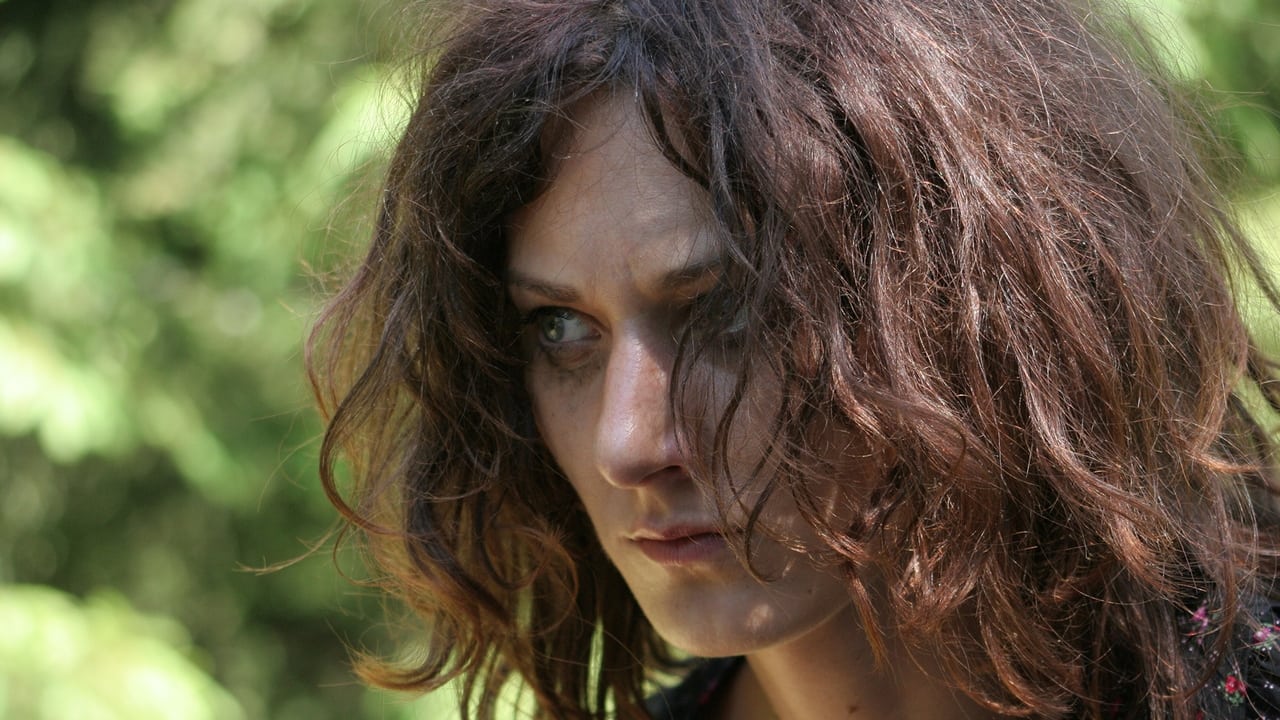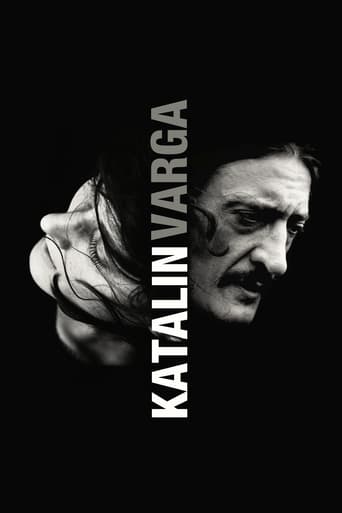

Tied for the best movie I have ever seen
... View MoreStrong and Moving!
... View Morenot horrible nor great
... View MoreOne of the best movies of the year! Incredible from the beginning to the end.
... View MoreStrickland filmed his sinister first film in an area where he did not speak the language (which reminds me of his follow-up film 'Berberian sound studio'), the Hungarian speaking part of Transsylvania. He did so over the course of several years with a limited budget (about 25,000 British pounds) and without hardly any experience (he had made a short before, which was shown at the Berlinale) in filmmaking.I am very happy about the choice he made, very happy. The settings in Transsylvania - where, outside of a couple of cellphones and some contemporary dressed people, time seems to have stood still - is of enchanting beauty and Strickland knows how to capture this in a special way; I made me think of 'Sombre' by Philippe Grandrieux a couple of times. De regularly ominous soundtrack evokes more dark expectations to add to the atmosphere. The time-line is occasionally hard to follow, but considering Katalin's uncertain fate, this is rather befitting.Hilda Péter does an excellent job, and does justice to all the various states of mind of Katalin. Norbert Tankó as the son and Tibor Pálffy are worth mentioning as well, but no one here fails their job.A big 9 out of 10, and also one to watch again soon.
... View MoreI borrowed the DVD from a local store, being sure that this is going to be a good movie. I read good reviews of it. Now I'm quite disappointed after seeing it. The movie is good enough until the scene where the woman is telling her rape experience finishes. The story of the rape is the best part. As the camera focused on the characters' faces, Katalin tells her horrific story, disconnected from the suffering that we would expect. That gives the character a lot of power. She is in a position of control, she overcame the bad experience and her main weapon is the truth, because the truth will really ruin the precious relationship of Katalin's aggressor with his wife. The story of the rape is told in such intimate detail, that you may feel various emotions, like empathy, justice being done, concern for any of the characters, each of them may be in a dangerous position. The situation is very much like one from Sadoveanu's novel "Baltagul". After this wonderful artistic moment, the rest of the movie is full of broken links. The man's regret for what he has done is very unrealistic, not that this might not happen in real life, but his state is not supported by the play and the character's story. Then, the suffering for the loss of his wife is too short. The wife, a devoted Christian, commits suicide (that's possible, but not very probable) without many explanations given to us. The man suffers too little after that because he is quite preoccupied with his relation with Katalin and her son. Many other disharmonious details disconnected me from the movie. I also have some personal regrets, that the Romanians in the movie are all mean characters. There's no obvious reason in a movie where 99 percent of the time you have Hungarian language speaking, only three short but significant dialogues are in Romanian. In one of them we have the girls eating sunflower seeds that are not helping the strangers in need without judging or mocking them. Eating sunflowers in public in Romania is associated with low class, specially because it's a Balkan habit mostly associated with gypsies. Speaking of gypsies, I can not get over the idea that the first victim of Katalin is associated with Gypsies and undoubtedly this is part of the construction of an evil character. The other two scenes with Romanians are the ones involving the vengeful criminals, one of them showing a twisted faith in God. Anyway, it could have been a good movie, but amateurish errors and a bit of xenophobia (I suppose) ruined it for me. I may keep in mind as good parts: landscapes, music and the boat scene.
... View MoreGreat, atmospheric effort from Strickland. I can only imagine he had some affinity with this part of Romania whether from childhood or other. The soundtrack and some of the slow lingering shots (esp. the scene looking at child, mother and horse not moving from behind, and the forest shot) were very affecting, and reminded me of Tarkovsky (not in a bad way ;)I got to thinking of the inextricable nature of all things, of how everything (as a single glorious 'entity') was so deviously and religiously bound up that to even attempt to extract something from it was tantamount to destructuring the whole (and thus destroying its royalty). That a film can inspire me (it has to be said not single-handedly)to such ends is indicative of a deep metaphysical quality within it.There is a particular sentence that the man utters towards the end of the film that resonates deeply towards this metaphysis. I shan't explicate it, nor even repeat it, but you shall know it when you hear it.Thanks for this Strickland, and all who were involved in and outside it (even the guy who carted the extra film stock when, presumably, you ran out ;) 'Ultimately, there are no parts at all.' Fritjof Capra, The Web of Life.
... View MoreJust some tidbits: In an after screening q&a session the author said he wanted to originally cast the movie in Albania, where it would IMO be a good fit with the patriarch governed extended families being the dominant societal organisational form and blood line revenge a.k.a. besa still alive in rural parts of Albania and Kosovo.But that region in the times of shooting of the film was not a particularly safe place for an itinerant cinematographer, so Hungary and Romania were chosen instead. This being perhaps fortunate for an intimate story of the film, it would be IMO hard to avoid a different political context, including war atrocities and mass rapings taking place in Kosovo at the time of shooting.Still the Katalin's impulse, and a quick decision to search for her rapist, would be clearer in rural Albania, as within the gossip run partially traditional and partially already modern Romanian village. We are therefore left to our own devices to figure out her motivation during the course of the movie, where the images of dark woods and music leading us to expect some Dracula offspring or something equally sinister to jump out any minute now, do not exactly help us there.The cinematography is really beautiful, the director commenting that it's not that difficult to be director of photography in Transylvania, where you have so many interesting things and locations to point your camera to. So many decisions about locations were made on the spot without much planning.The movie was envisioned, shot and brought to a rough cut on a 16mm film using a director's small inheritance of 30.000 Euro. He attributes his finding a producer to finance the blow-up to 35mm to pure luck, but without this luck probably no-one would ever see this very beautiful movie. At the point of my writing the distribution contracts and all the awards brought him about a third of this investment back.I have to mention the scene where Katalin tells the story of her being raped to her rapist and his wife, as something, that will remain in my memory for some time. Hilda Peter in the role of Katalin Varga is great. Much of the film's appeal is due to her and also other actor's performance.
... View More